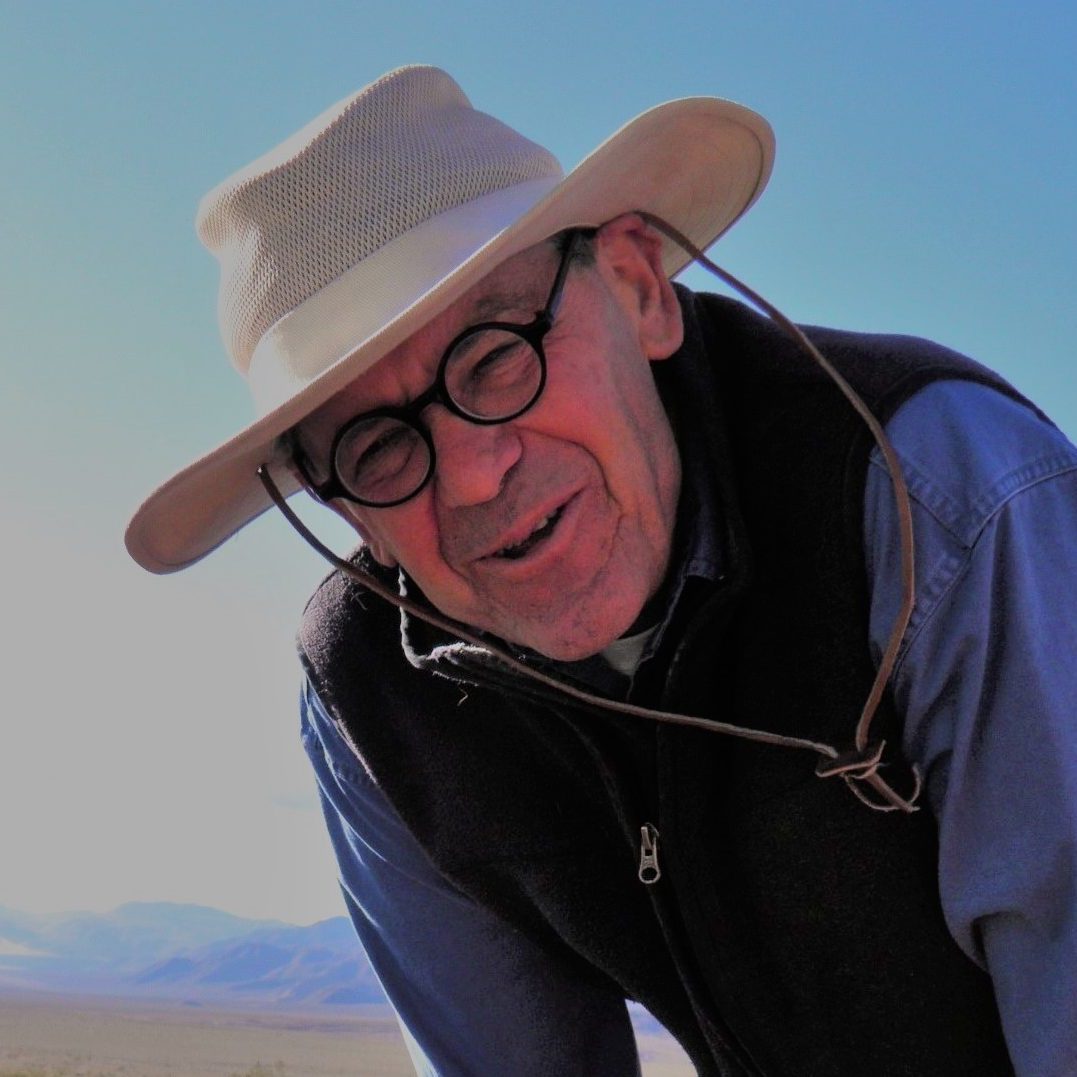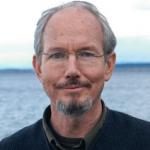Queer Men in the Life Lodge: Forgiveness, Apology & Reconciliation
Jun 6th, 2021 - Jun 13th, 2021 | Inyo Mountains - Big Pine, California | Scott Eberle, Collin Brown | Living & Dying
Imagine you, as a queer man, living in a community that has its own “Death Lodge,” a place where a dying person can rest and receive the visitors who come to say goodbye. This is the natural place of “making it good” with your people so you can cleanly move on, and they can let you go in the fullness of completion. An old hospice teaching says that to complete a relationship five things must be said: “I forgive you”; “you forgive me”; “thank you”; “I love you”; and “goodbye.” This is the sacred work of the Death Lodge.
One of the great challenges we all face in life is to do this work now, when it is most needed, rather than waiting until the last days of our dying. Call this the work of “the Life Lodge.” If we don’t step into this lodge, if we don’t keep our relationships current, we risk being weighed down by a lifetime of woundings, angers, and regrets that make it more difficult to surrender to our death, or to the fullness of our life.
The call to do this Life Lodge work may be especially strong for queer folk. Growing up queer in mostly mainstream families may have left us with complicated ongoing relationships and plenty of unfinished business, even while it may have freed some of us to create new ways of defining and being in relationship.
In this gathering we will move through “the four shields” of Life Lodge work: being a queer child; coming out in adolescence (regardless of age); living proudly as a queer adult; and embracing Queer Spirit. We will ask: While growing up, where in relationships have you gotten stuck? When might you have forgiven too soon, or apologized too shallowly? Jewels to be found in the Life Lodge are god-like qualities: mercy, compassion, self-respect, and maybe even the grace to forgive “the unforgivable.” If you listen deeply, you can tune into the value and healing potential of a circle of queer men spending time together in the Life Lodge.
Program Overview: We will start early afternoon on the first day, a Sunday, and finish by noon of the last day. Midweek, participants will be invited to do an all-day solo. We will be camping together the entire week, likely with a simple toilet set-up and no showers.
Program Questions Contact: Scott Eberle at [email protected]
Additional course details & Materials
Though we will be camping out for the entire week, activities undertaken will be non-strenuous and our emphasis will always be “safety first.” We will provide a list of personal equipment that each participant should bring and we will also provide some group equipment for our base-camp. We may be able to loan limited personal equipment as needed and if we are unable, we can provide advice about what to purchase or rent. A plan will be created to share breakfast and dinner preparation among the entire group, with each person on their own for lunches. This plan would have a pair of people preparing each meal, with any one team likely doing a single breakfast and a single dinner. If you would prefer to opt out of this meal sharing, let us know in advance. We will complete our time together by mid-day on June 13th. Camping Fee: $80 will be collected from each participant at the time of the program.
You will be responsible for bringing your own food and equipment, though we can provide some gear if needed. We ask everyone to come prepared to live self-sufficiently. You will need to bring shelter and clothing suitable for a full range of inclement weather.
All participants must submit the required health questionnaire and liability form.
If you have questions about the enrollment process contact us at [email protected] or call 760-938-3333.
There is no required reading for this program.
We will gather in the eastern mountains of Payahuunadü (also known as the Inyo Mountains outside of Big Pine, California). These are the ancestral and contemporary lands of the Nüümü and Newe people.
To learn more about our commitment to regenerative relationships please visit Cultural Relations.



